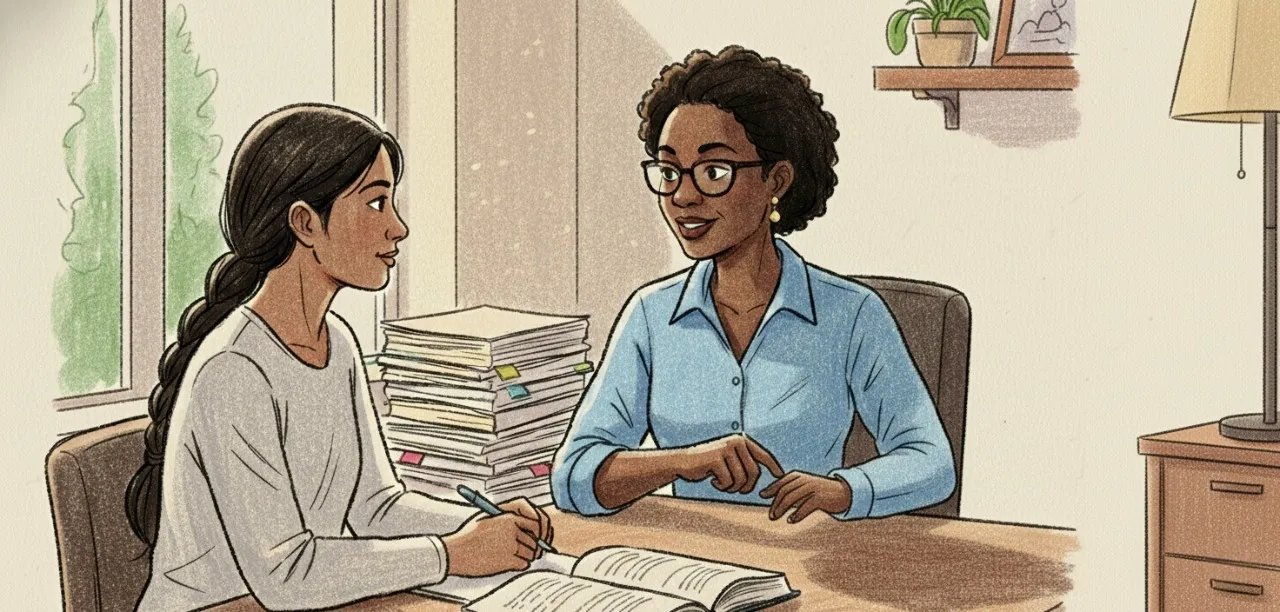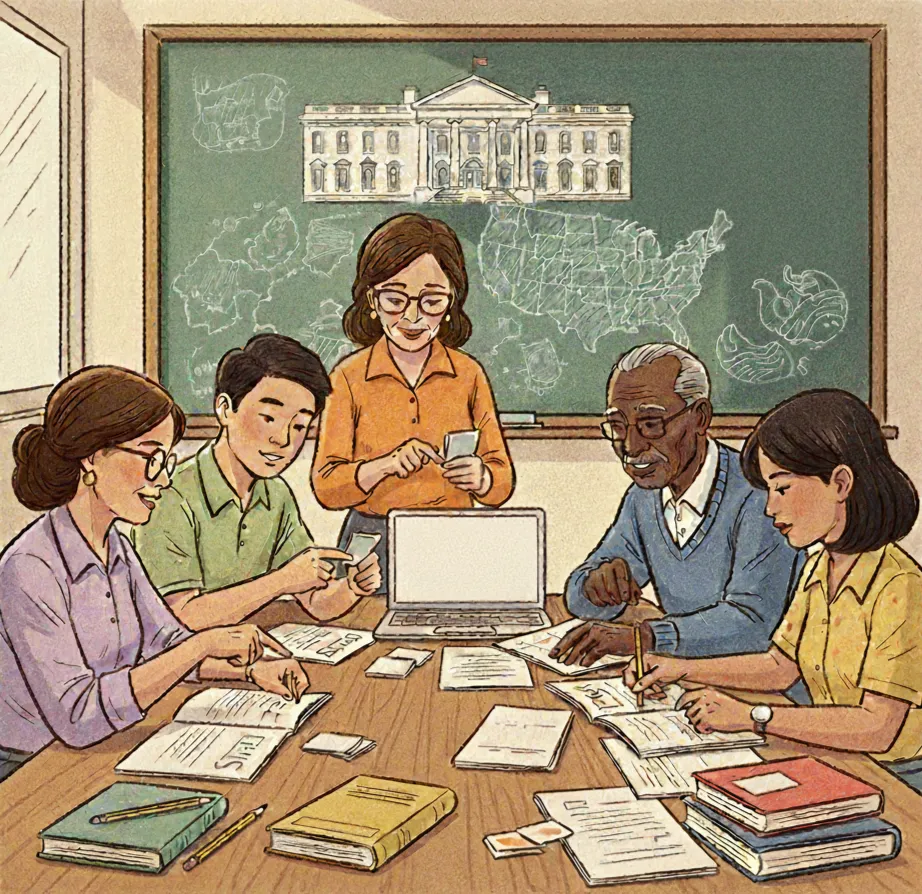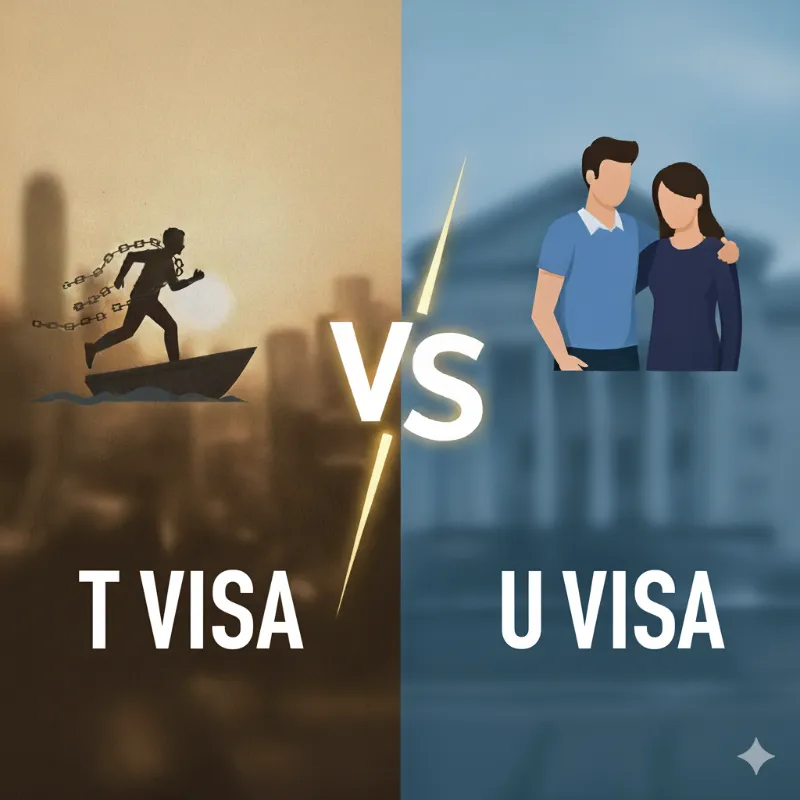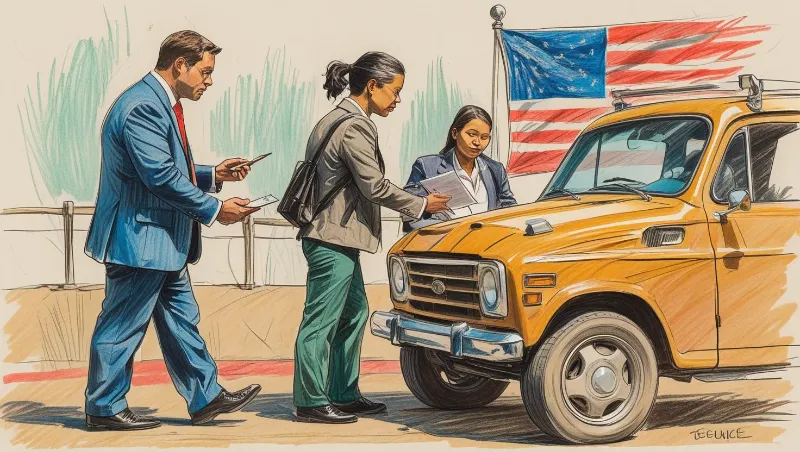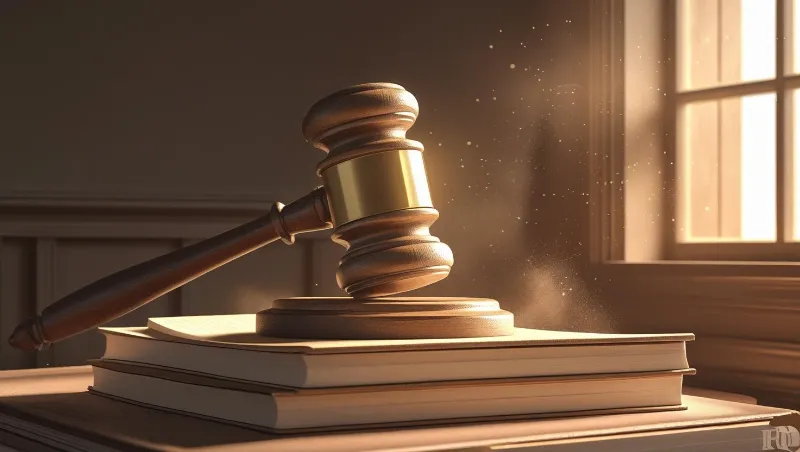Consular Processing: So, you’ve tied the knot with a U.S. citizen or lawful permanent resident, and now you’re thinking, “How do I get that shiny green card and start my new adventure in the U.S.?” Well, if you’re living outside the U.S., consular processing is your go-to route. This might sound like a complex legal dance, but don’t worry, I’m here to break it down—kind of like that friend who reads the IKEA instructions for you while you hold the hammer.
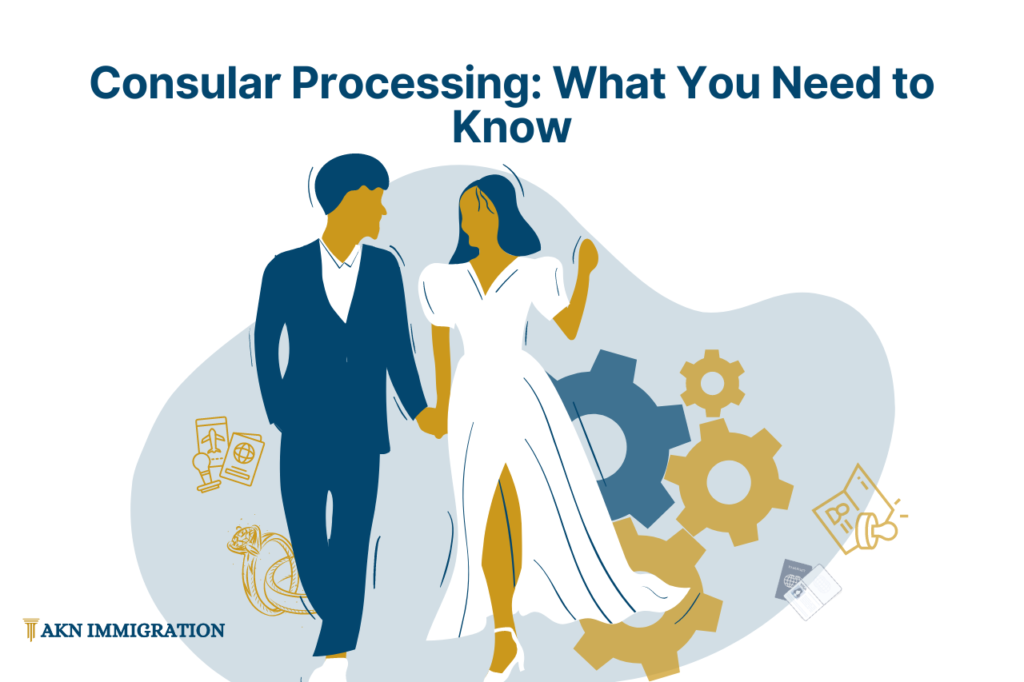
Let’s walk through the process, answer your burning questions, and keep things as painless as possible (unlike that last furniture assembly).
How Long Does Consular Processing Take for a Marriage Green Card?
Good question! The short answer: It depends. A lot comes into play including the I-130 processing times, NVC backlog and Yep, not the most instant of gratifications, but hey—good things come to those who wait. Here’s the play-by-play:
- USCIS Approval of Form I-130: First, your spouse files Form I-130, and USCIS gets busy approving it. Expect about 5 to 12 months for this stage. It’s like waiting for the oven to preheat—necessary, but not the fun part.
- National Visa Center (NVC) Processing: Once USCIS gives the green light, your case moves to the NVC, where they handle your paperwork and payment. This step usually takes 2 to 4 months.
- Consular Interview and Visa Issuance: Now it’s time for the main event: your interview! Depending on how busy your local U.S. consulate is, you could be waiting a few months for your appointment.
What’s the Difference Between Consular Processing and Adjustment of Status (AOS)?
Glad you asked! It’s like deciding between two different travel routes—both get you to the same destination, but how you get there depends on where you’re starting.
- Location: If you’re hanging out outside the U.S., consular processing is your jam. If you’re already in the U.S. and you entered on a visa or parole, AOS might be more your speed.
- Interview Location: Consular processing requires an interview at a U.S. embassy abroad, while AOS interviews happen at a local USCIS office (complete with the thrill of U.S. bureaucracy).
- Processing Time: The processing time of AOS or consular processing depends on a number of factors including the backlog.
What Are the Disadvantages of Consular Processing?
Okay, so consular processing isn’t perfect. Here’s why it can feel a bit like ordering something online and not knowing when it’ll show up:
- Travel Restrictions: You’ve got to stay outside the U.S. until your green card gets the thumbs up. Not ideal if you’re eager to start your American dream ASAP. However, we can always apply for the K3 visa to allow you to travel to the U.S. while you wait for adjudication of your I-130. We will publish a blog on the K3 visa pretty spoon.
- Uncertain Timelines: Some consulates are like busy restaurants—sometimes you get seated right away, and other times you’re wondering if the host even remembers your name.
What Happens After a Consular Interview?
The big day has come! You’ve got your paperwork, your best outfit, and you’re ready to charm the consulate officer. So what happens next?
- Visa Approval: If all goes well, you’ll get a visa stamped in your passport and a sealed immigration packet. Don’t open it—think of it like a “Do Not Open Until U.S. Arrival” sign on a gift. Bring it with you when you travel to the U.S., and your green card will follow you soon after.
- Visa Denial or Administrative Processing: If things don’t go smoothly (gulp), the consulate might ask for more documents or additional processing time. Don’t panic—just follow their instructions and keep the faith.
- Entry to the U.S.: After arriving, you’ll pay the USCIS Immigrant Fee, and then the green card will be mailed to your U.S. address. It’s like getting a special delivery, but without the cool tracking number.
Can I Expedite the Consular Processing for a Marriage Green Card?
In certain situations, you can hit the fast-forward button on your case. For example, if there’s a medical emergency, a job loss, or some other urgent issue, you may be able to request expedited processing. It’s not guaranteed, but if you have a solid reason, it’s worth a shot. Just think of it as asking the universe (and USCIS) for a little help when life gets tricky. Oh remember that K3 visa we just talked about? Be on the lookout for that blog.
What If My Spouse Is Pregnant During Consular Processing?
A baby on the way? That’s exciting! It can also speed things up if you make the case that the birth is imminent and you’d like to be in the U.S. to support your spouse. USCIS may agree to expedite your case, but it’s always a good idea to have a backup plan in case of delays—babies, after all, have their own schedules.
Can I Travel to the U.S. on a Tourist Visa While Waiting for Consular Processing?
Technically, yes—you could apply for a tourist visa (B-2) while your green card is pending, but tread carefully. If the consulate suspects you’re planning to stay in the U.S. for good, they might deny your tourist visa, since it conflicts with the whole “just visiting” vibe.
Why Is There a Delay After My I-130 Petition Has Been Approved?
Even after the initial “Yay, your I-130 is approved!” moment, you might hit a few more bumps on the road. Here are some possible reasons for the holdup:
- NVC Processing: Fee payments, document submissions, and case reviews all take time.
- Consulate Backlogs: Some consulates are like airports the day before Thanksgiving—super crowded. Staffing issues or holiday breaks can slow things down.
How Can I Prepare for the Consular Interview to Avoid a Denial?
Think of your consular interview as the ultimate job interview, but for a visa. Here’s how to ace it:
- Gather All Required Documents: Bring originals and copies—don’t skimp on paperwork. If they ask for proof of your relationship, bring the wedding photos, joint bank account statements, and maybe a few embarrassing vacation selfies (kidding!).
- Practice Answering Questions: Be ready to talk about your relationship. They’re looking for genuine answers, not rehearsed lines. Keep it real. It is always advisable to hire an attorney to prepare you for your interview.
- Dress Appropriately: First impressions count! Dress professionally, but don’t go overboard—it’s a visa interview, not the Oscars.
What Should I Do If My Consular Interview Is Denied?
Take a deep breath—it’s not the end of the world. You still have options:
- Request Reconsideration: If you believe there was an error, politely ask the consulate to take another look at your case.
- Reapply or Appeal: Depending on the reason for denial, you may be able to reapply or appeal through official channels.
- Consult an Attorney: If all else fails, reach out to an immigration attorney. They can guide you through the next steps and help strategize your path forward.
Consular processing is a great way to get your marriage-based green card if you’re outside the U.S. It’s got its challenges, but with the right preparation, patience, and maybe a little luck, you’ll be on your way to starting your new life in the U.S. So hang in there, and remember, we’re here to help! Whether you’re in Gilbert, Chandler, Mesa, Tempe, or Queen Creek, we’re here to guide you through every step of the process. If you have any questions or want expert advice, don’t hesitate to reach out. We’re just a call away and ready to help you achieve your immigration goals. I hope you’ve found everything you need so far! If you’re looking to learn more about the Stokes Interview, how to ace it, what to expect, and how to prepare, be sure to check out our blog. Click here to dive in.

